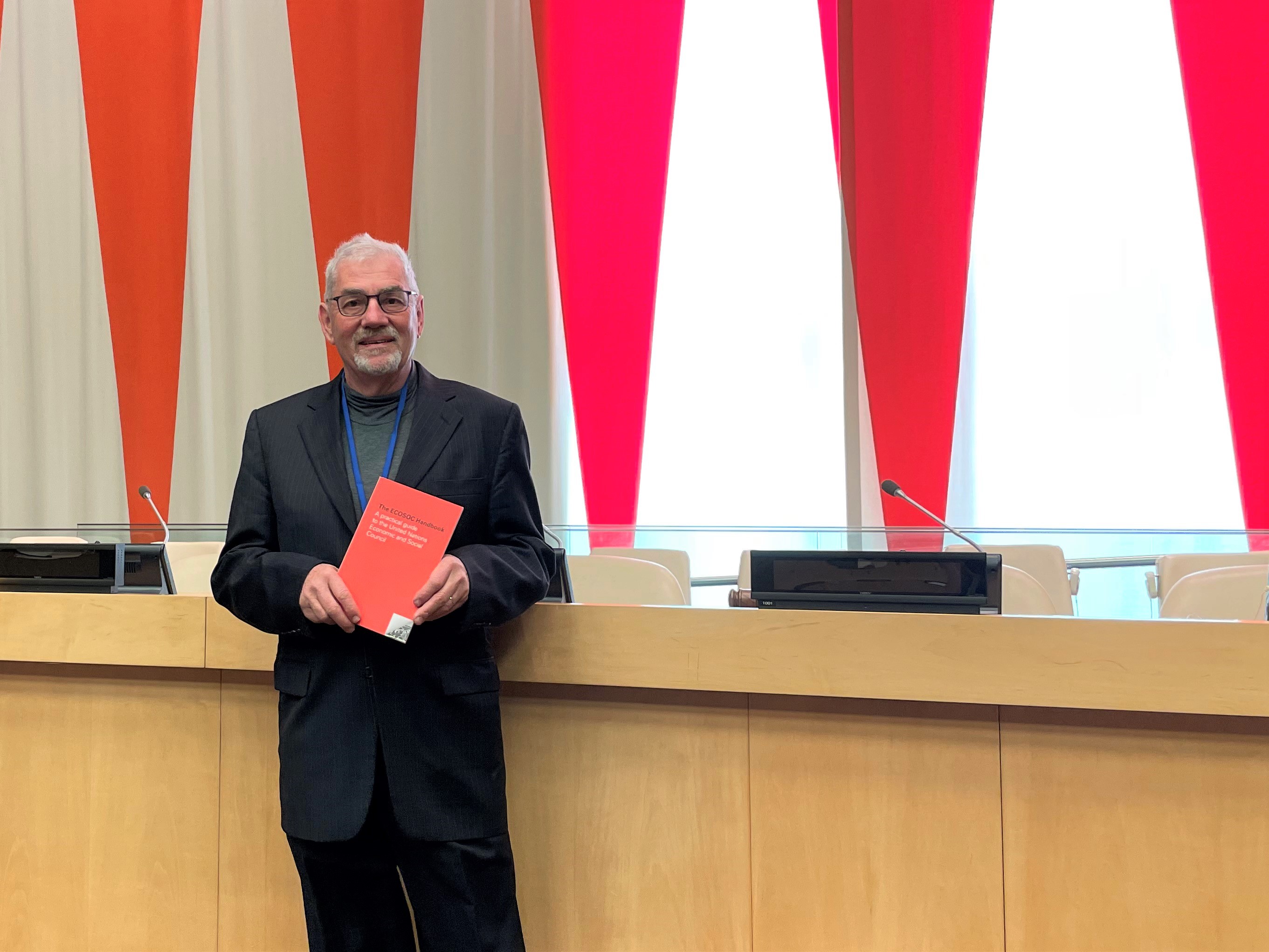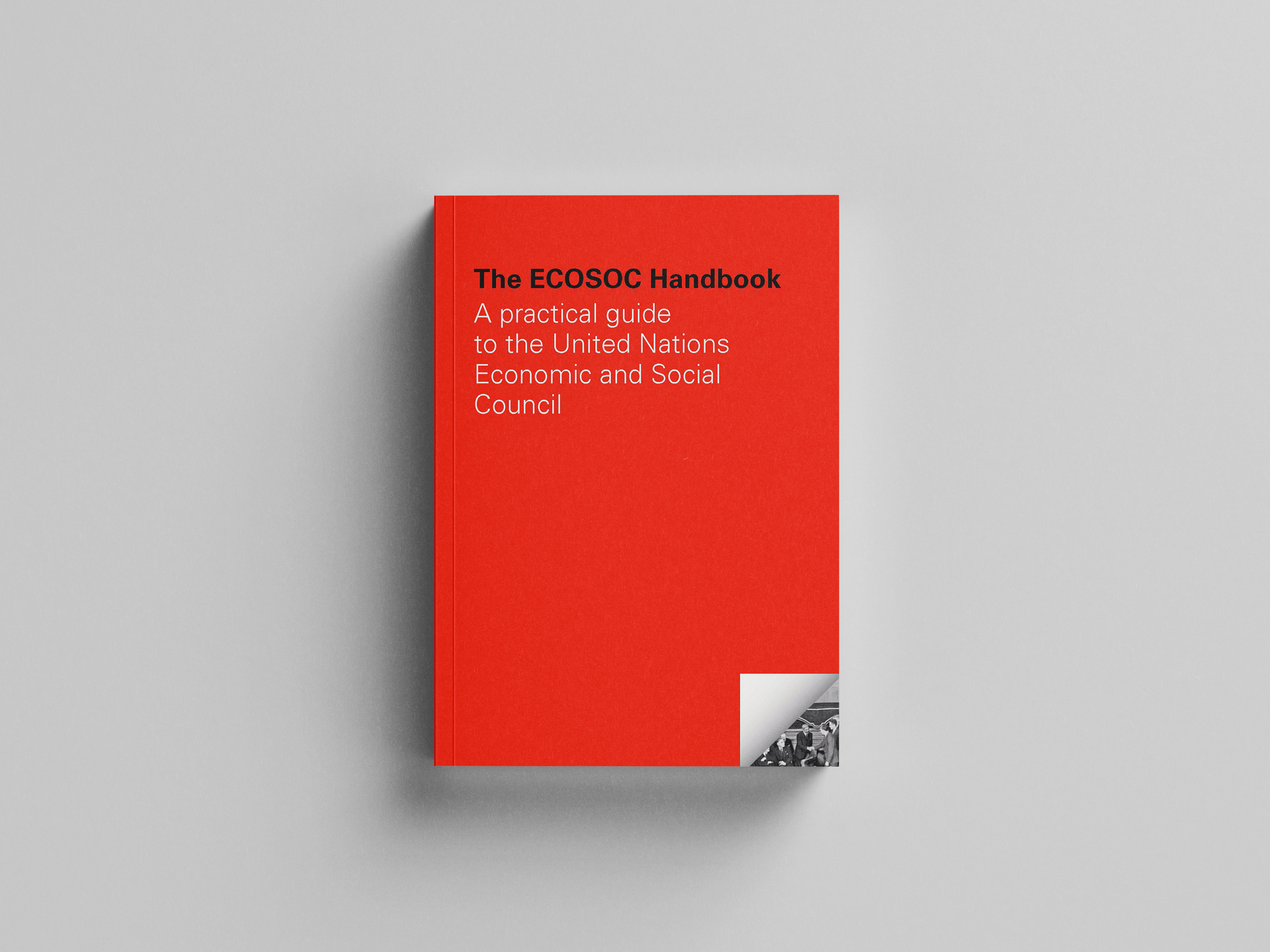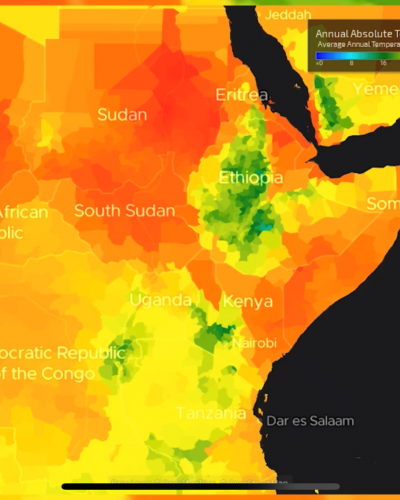The implementation of the 2030 Agenda and its 17 Sustainable Development Goals, the set of measures aiming to transform the planet according to principles of sustainability, has lagged behind, in part because of the pandemic. More needs to be done to implement these objectives and the UN can play a role in accelerating the process. Further, the Economic and Social Council (ECOSOC), which is the main UN body responsible for working to eradicate poverty and promote sustainable development in its economic, social and environmental aspects, is at the heart of efforts to implement the Sustainable Development Goals.
The ECOSOC is a strange animal (see interview below) of which the effectiveness is sometimes undermined by slow and cumbersome processes. Since joining the UN some twenty years ago, Switzerland has always been committed to reforming the UN system. But before reforming, it is necessary to ensure that we understand the system. This is why it published The GA Handbook: A practical guide to the United Nations General Assembly in 2010, which was updated in 2017 and has since then been a very popular tool at the UN in New York. It is in this vein that Switzerland published The ECOSOC Handbook: A practical guide to the United Nations Economic and Social Council this year, which also marks the 20th anniversary of Switzerland's membership of the UN following a popular vote.
On the occasion of the publication of this new guide, we asked Johann Aeschlimann, the author of the two guides, a couple of questions:
How did you go about collecting all this information?
I asked many questions to many people. Of course, I read the rules of procedure and the various resolutions and talked to delegates. But the actual reality of the Council does not always reflect the written framework, and delegates come and go. I soon realised that I had to talk to the guardians of the institutional memory of the UN administration.
What were your main sources of information and how did you proceed to turning it into a coherent handbook?
Two departments of the UN Secretariat are mainly concerned with ECOSOC, namely the Department for General Assembly and Conference Management and the Department of Economic and Social Affairs. In both departments, I found extremely helpful and patient interlocutors to answer my countless questions. Due to COVID-19, we did not really have the chance to meet in person, but we had several online meetings and an extensive exchange of e-mails.
Did anything strike you during your research? What surprised you the most?
I had never worked in the ECOSOC as a delegate and had only a vague idea of the institution when I started my work. My biggest surprise was how broad the scope of the Council was. Indeed, "economic' and 'social' covers almost every aspect of the human experience. The second thing I found surprising was the importance of the Council in monitoring the Sustainable Development Goals.
You had already written a Handbook on the General Assembly, now the one on the ECOSOC. Why is Switzerland taking such an active role in these handbooks and how is it linked to Switzerland’s commitment to UN reforms at large?
I am not the Swiss Government and I cannot speak in its name. But as a Swiss citizen, I know that Switzerland takes its membership to the United Nations very seriously. After all, it took us two votes to join, so we have an interest in a being part of an efficient organisation. When you know how the institution works, you can focus more on the core issues.






